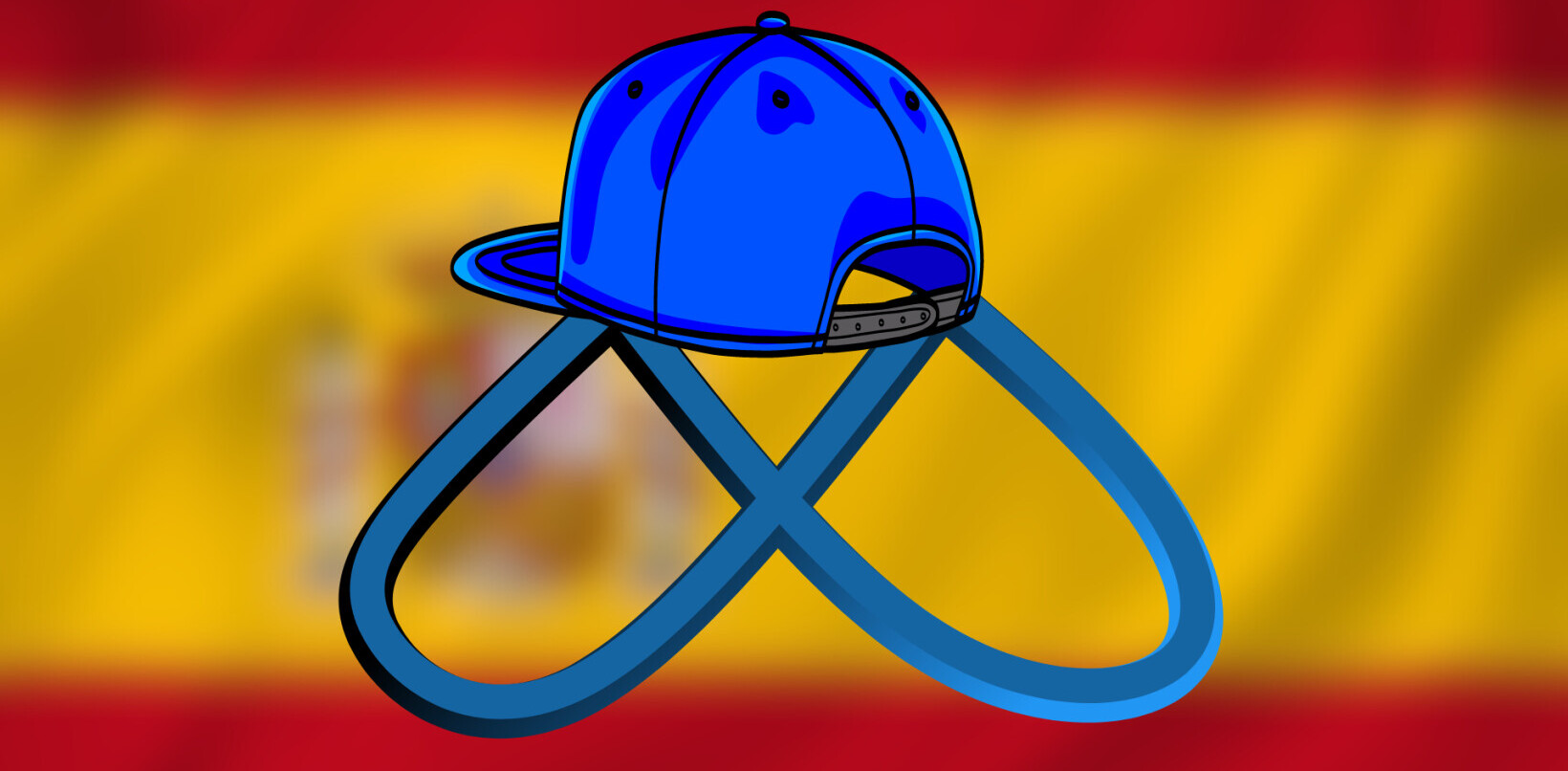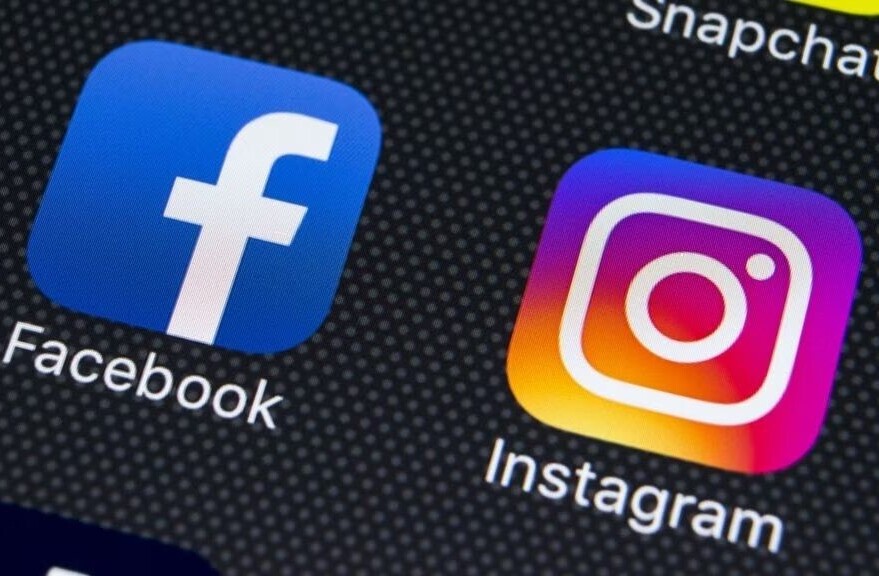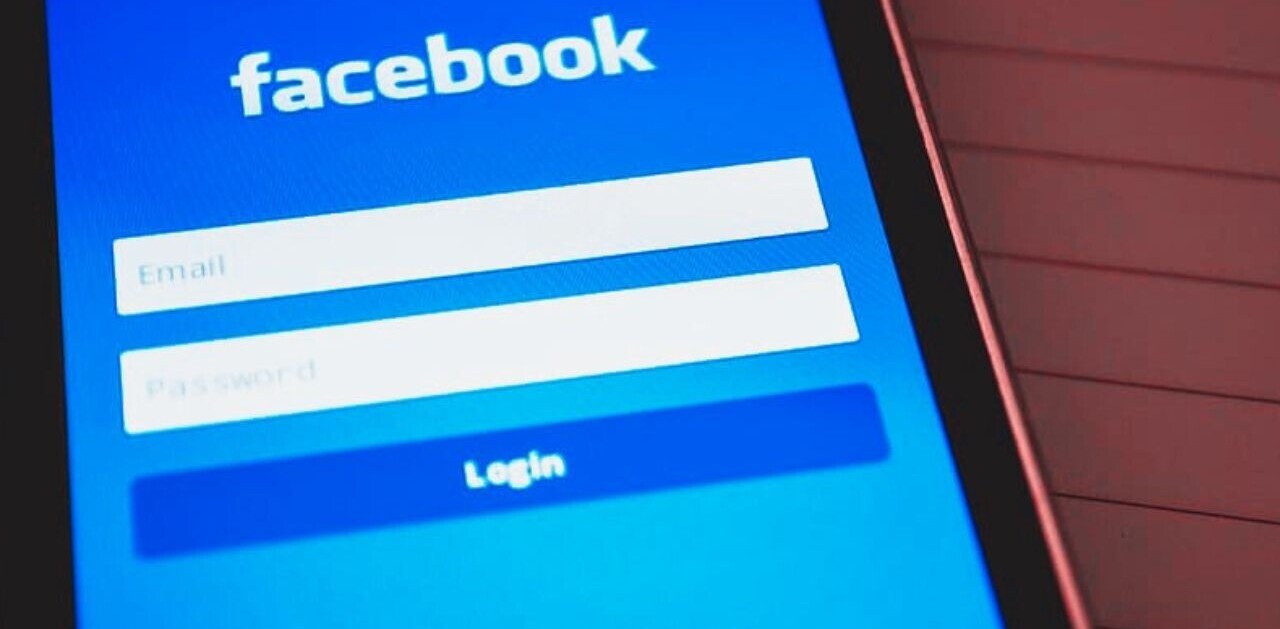
While Google is experimenting with helium balloons for Internet access, Facebook is working on drones, satellites and lasers. The company today unveiled the Connectivity Lab, which has evolved as part of its Internet.org initiative.
In a short video, the company explained the costs and shortcomings of the current system used for Internet distribution. Facebook’s Yael Maguire then explained some of its plans for satellites in low density environments, which included a combination of low earth orbital satellite systems and geosynchronous satellite systems.
Multiple satellites would need to be in orbit to provide adequate coverage, so Facebook is also hoping to connect them with lasers. “On our team, (we) have some of the pioneers in this field of what’s called free space optics, for being able to distribute really, amazingly high-capacity data streams – similar to what you would find over fibre optic networks – through the air,” Maguire said.
The Lab is also looking at a new form of plane architecture for suburban locations, which are solar powered and able to fly at roughly 20,000 meters for months at a time. In theory, they would be able to offer better Internet access than the satellites because of how much closer they are to the ground.
In a press release, Internet.org said it was also working with Ascenta, a five-member team in the UK that specializes in high-altitude long-endurance aircraft. The work also strengthens reports that Facebook is looking to buy Titan Aerospace, a manufacturer of solar-powered drones that can fly for long periods of time without having to land.
“Over the past year, our work in the Philippines and Paraguay alone has doubled the number of people using mobile data with the operators we’ve partnered with, helping 3 million new people access the internet,” Facebook co-founder and CEO Mark Zuckerberg said. “We’re going to continue building these partnerships, but connecting the whole world will require inventing new technology too. That’s what our Connectivity Lab focuses on, and there’s a lot more exciting work to do here.”
The Connectivity Lab includes experts from Ascenta, NASA’s Jet Propulsion Laboratory, NASA’s Ames Research Center, and the National Optical Astronomy Observatory.
Headline image via westm / Flickr
Get the TNW newsletter
Get the most important tech news in your inbox each week.





